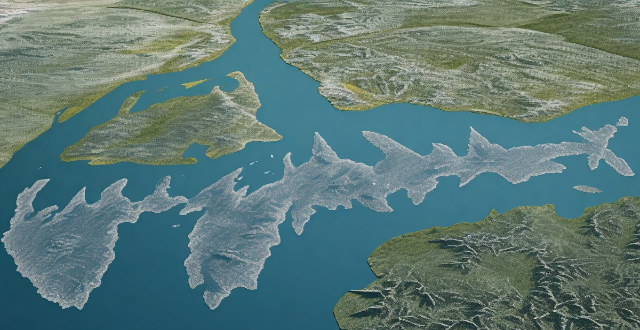Climate skeptics present alternative explanations for extreme weather events, often challenging the scientific consensus on climate change. They argue that such events are part of natural variability, unrelated to human activities. Skeptics question the interpretation of climate data, suggesting that any increase in extreme weather is not statistically significant and that climate models have uncertainties. They propose alternative causes for weather patterns, such as land use changes and industrial pollution. Furthermore, they emphasize human resilience and adaptation through technology and economic growth as key to dealing with extreme weather. Overall, climate skeptics offer a range of arguments that differ from the prevailing scientific view on climate change.

Climate Skeptics' Explanations for Extreme Weather Events
Climate skeptics often have alternative explanations for extreme weather events that differ from the scientific consensus on climate change. Here are some common arguments they use:
Natural Variability
Climate skeptics argue that extreme weather events are simply part of natural variability and not necessarily linked to human-induced climate change. They point out that similar events have occurred in the past without the influence of human activities.
* Historical Precedent: They cite historical records of extreme weather events that occurred before significant human impact on the climate.
* Cycles and Oscillations: They emphasize natural cycles like El Niño, La Niña, and other oceanic and atmospheric oscillations as drivers of weather patterns.
* Solar Activity: Some suggest that changes in solar activity play a more significant role in climate patterns than human emissions.
Data Interpretation
Skeptics may also challenge the way scientists interpret data related to climate change and extreme weather events.
* Statistical Significance: They question whether the increase in extreme weather events is statistically significant or merely anecdotal.
* Modeling Uncertainty: They highlight uncertainties in climate models used to predict future weather patterns.
* Correlation vs. Causation: They argue that correlation between climate change and extreme weather does not necessarily imply causation.
Alternative Causes
Instead of attributing extreme weather to climate change, skeptics propose other causes.
* Land Use Changes: Deforestation, urbanization, and other land use changes can affect local weather patterns.
* Industrial Pollution: Some argue that pollution from industry, not CO2 emissions, is responsible for certain weather phenomena.
* Cosmic Rays: A few fringe theories suggest that variations in cosmic rays might influence Earth's weather.
Human Resilience and Adaptation
Skeptics often focus on human resilience and adaptation as key factors in dealing with extreme weather.
* Technological Advancements: They believe technology will help society adapt to any changes in weather patterns.
* Economic Growth: They claim that economic growth leads to better infrastructure capable of withstanding extreme weather events.
* Policy Critique: They criticize policies aimed at mitigating climate change as unnecessary or harmful to economic development.
In conclusion, while the majority of scientists agree that human activities are contributing to climate change and affecting extreme weather patterns, climate skeptics offer alternative viewpoints that challenge this consensus. Their arguments range from natural variability and data interpretation to alternative causes and emphasis on human resilience.